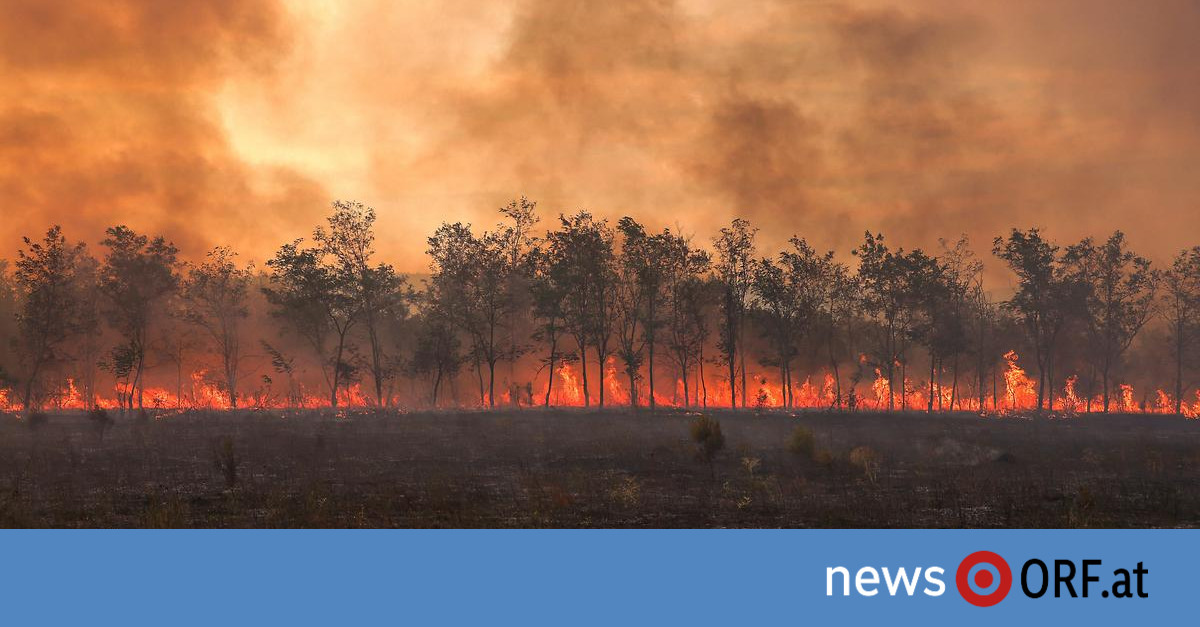The current climate report from the European Environment Agency is difficult. The report published on Monday focuses on the fact that Europe is the continent that is warming the fastest and most in the world – and will continue to warm. A temperature increase of three degrees by 2100, if global warming remains limited to 1.5 degrees, is a conservative estimate for Europe. Always assume: CO2 emissions decrease as agreed.
2023 was the hottest year on record. At the same time, environmental damage has become increasingly serious on an economic level in recent years. According to the European Union Commission, the damage caused by floods in Germany and Belgium in 2021 amounted to more than 40 billion euros, and fires in Greece led to a loss of 15 percent of the annual agricultural crop, and floods in Slovenia last year caused the same amount. It had a bad impact and was equivalent to 16% of GDP.

The impact in the coming years and decades may be many times greater. The European Union Environment Agency estimates the damage caused by global warming since 1980 at about 650 billion euros. He compares these costs to new costs for the future: $1,000 billion annually due to crop and soil loss, because diseases are spreading that were previously unknown in Europe except through long-distance travel, because tax revenues are declining, and debts are increasing. The increasing and greater damage being caused must be eliminated – More Science.ORF.at.
The “wake-up call” aims to enhance cooperation and reduce risks
The Environment Agency and the entire Commission are talking about this wake-up call. Governments and administrators at all levels are called upon to work more closely together, from collecting and processing data via satellite to developing more accurate models to provide advance warning in the event of a disaster.
A satellite-based warning system is scheduled to be introduced in 2025, and will ensure that authorities and residents are not caught by disaster. Better assessment of current risks and vulnerabilities, in the field of infrastructure, for example in construction, is also a stated goal of the Commission. Strengthening “resilience” in Europe is the motto.

Investments for “climate resilience”
“Think about the risks, clarify the responsibilities,” is what the Commission is calling for – and sees the need for improved planning and implementation, especially in nation-states. It wants to ensure “climate resilience” is part of all relevant EU spending in the future and work with the financial sector to mobilize public and private investment. In addition, the Commission stands ready to support Member States in integrating climate risks into national budget processes.
Investments in climate-resilient buildings, transport and energy networks can also be good business opportunities, creating jobs and clean energy. The Commission believes that climate risks should be more closely integrated into the planning and maintenance of critical infrastructure – such as transport and energy. Infrastructure systems are exposed to significant risks from floods, wildfires and rising temperatures.

“Food practitioner. Bacon guru. Infuriatingly humble zombie enthusiast. Total student.”








More Stories
Kyiv: Russian Kursk offensive halted
US Presidential Election: Former US Government Officials Warn Against Donald Trump's Election
Netherlands wants to leave asylum system